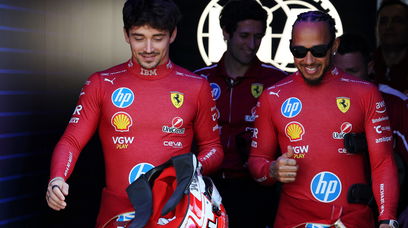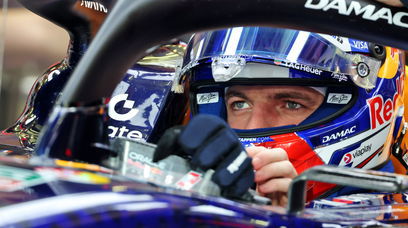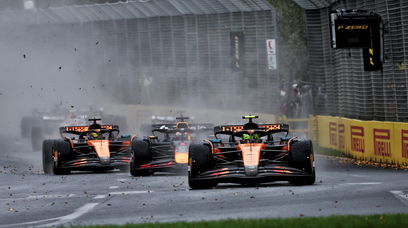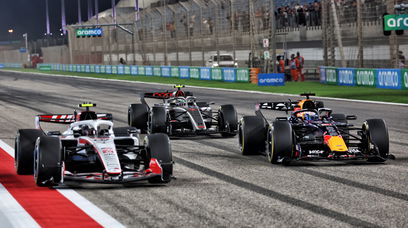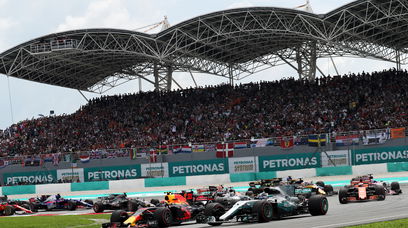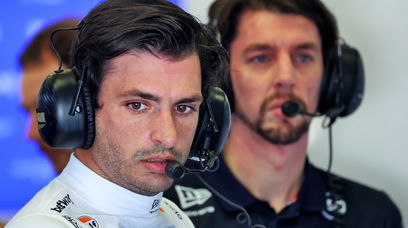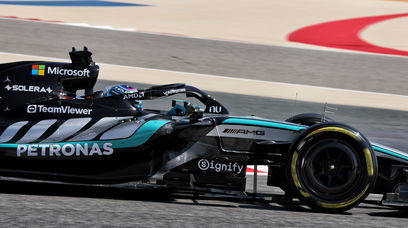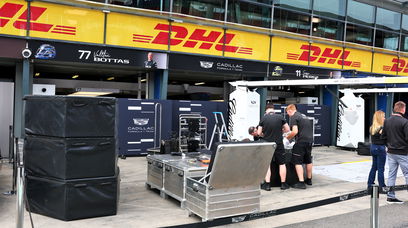F1 may be a team sport but it is the drivers that often get all the plaudits from the watching millions. The drivers are contracted to do their level best to contribute to the team's efforts - after all, it is the Constructors' standings that pays out prize money and also provides competition bonuses for the factory employees. Yet in numerous cases across F1 history, certain drivers have been given a higher order than their teammates by the hierarchies, depending in the pedigree of the competitor. Team orders often cause consternation across social media, with one driver given preferential treatment on the race track through position swaps or strategies. But is that fair?
Does special treatment make sense?
Speaking to the Secrets of Success podcast, Red Bull Team Principal Christian Horner tackled the issue when talking about his drivers: Max Verstappen and Sergio Perez. "It's inevitable in any sport I would have thought. Max came to us as a teenager, he's now a world champion," said Horner. "I think the same with Lewis Hamilton, he's now the most successful driver of all time and he will have more sway within his team than his teammate, because his value to the team is significantly greater. "I think that it's a matter of keeping that in check. Of course, there will be certain privileges that are allowed to your centre forward, your star player. "But he's still part of a team, there's no room for a primadonna because at that point it becomes bigger than the team." Special treatment does make sense in many ways. Any sensible tactician would prioritise one driver's fortunes over another if they are clearly superior or hold a decent advantage in the points standings. Take Aston Martin last season: Fernando Alonso vastly outperformed Lance Stroll and therefore almost single-handedly earned the team money in the Constructors' standings, so because of this it would make sense if resources and strategy were often favourable to the two-time World Champion. Similar could be said for Williams, for example, with Alex Albon outperforming rookie teammate Logan Sargeant by a wide margin.
Potential issues?
But whilst preferential treatment is a normal occurrence at the end of the season, early-season favours are far more risky. It would be foolish for a team to put all of their eggs in one basket with one driver, given the chance of external factors ruining events. What if the driver favoured was forced to retire through a mechanical failure? Or what if there was a number of first-corner incidents that entangled them? That would then mean that the 'unfavoured' driver would be left in a better position points wise, which could pose significant headaches for both the team and the apparent 'number one' driver. At Red Bull, Verstappen is clearly the number one driver given his performances compared to Perez in the past three seasons. But for rivals Ferrari and Mercedes, the performance gap between their partnerships are far closer, narrowing the opportunity to place focus on one driver, at least in the early stages of the season. If one driver is out of championship contention in the latter parts of the campaign, it may then be prudent for team orders to be enacted to maximise the potential of outperforming rivals. But other than this, any preferential treatment can cause issues with morale, both for the 'second driver' and the workforce on their side of the garage. As ever, team management often comes down to knife-edge decisions in F1 and how to treat teammates is no exception.
Most read


